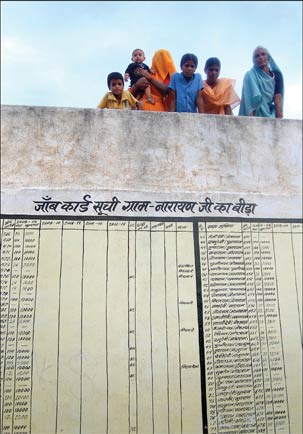The Supreme Court has ruled on Prince Charles’ memos clearing the way for release.
In a majority 5:2 ruling on the FOI the Court argued:
Lord Neuberger (with whom Lord Kerr and Lord Reed agree) concludes that section 53 FOIA 2000 does not permit the Attorney General to override a decision of a judicial tribunal or court by issuing a certificate merely because he, a member of the executive, considering the same facts and arguments, takes a different view from that taken by the tribunal or court. This would be unique in the laws of the United Kingdom and would cut across two constitutional principles which are fundamental components of the rule of law, namely that a decision of a court is binding between the parties and cannot be set aside, and that decisions and actions of the executive are reviewable by the courts, and not vice versa [52]. Clear words must be used if the statute is to have that effect, and section 53 is a very long way from being clear enough [58-59].
In ruling on the EIR
Lord Neuberger and Lord Mance (with whom Lady Hale, Lord Kerr, Lord Reed and Lord Hughes agree) point out that article 6.1 requires that, following a refusal by a public authority of a request for environmental information, the refusal must “be reconsidered … or reviewed administratively”, article 6.2 requires that thereafter the applicant has “access to a review procedure before a court of law or [similar] body] … whose decisions may become final”…in light of these provisions, they consider that it would be impermissible for the executive to have another attempt at preventing disclosure…however, this conclusion would only apply to the environmental information [111].
I am not at lawyer but I think there are a number of interesting political issues potentially raised.
1. For the Monarchy, what will the memos say and will they damage Charles’ reputation for impartiality? Unless there is something very inflammatory it is unlikely to resonate with the public. However, the long fight has generated publicity. One of the ironies is that this comes nearly five years after the Monarch and heir were removed from the scope of FOI. On 19 January 2011
‘…exemptions for communications with the Sovereign, communications with the heir or second in line to the Throne, and communications with a person who has subsequently become heir or second in line to the throne, have, since 19 January 2011, become absolute exemptions‘ [i.e. not accessible] see this background noteFOI Monarchy
2. For the Executive, will this limit their veto power? I’m not sure on how significant the ruling is in limiting the UK government’s use of the section 53 veto (which they mulled over extending in 2012). The final words in the FOI section above appear to be calling for some reform.Actually the veto is little used but the symbolic effect on ministers, already lukewarm on FOI and nervous of the protections around ‘safe space’, may be disproportionate to the legal consequences. If this (or the next) government think the veto has weakened, will a new FOI panic set in?


